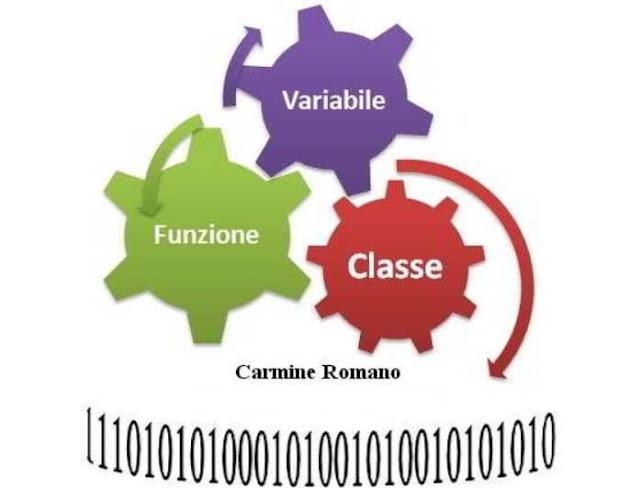Programming languages allow you to interact with computers but writing a program would end in itself without compilers and interpreters. A computer would not be able to understand a program written with programming languages without the code being first translated into machine language; in the case of compilers, or interpreted in the case of interpreters.
Compiled and interpreted languages
Except for Java where we can summarize with a term typical of (middle way) the constraints of a compiled program as in C, C ++ compared to an interpreted one, to understand them you have to go back in time to the birth of the Web; this is the only way to understand what prompted the need to find alternative solutions to those of compiled languages. Even though things have changed today with languages that have improved the internet experience such as:
- JavaScript,
- PHP,
- ASP,
- JSP
Compilers and interpreters
The difference between an interpreted program is that the compiled one is assembled in binary code only once creating the executable; vice versa the interpreted code is executed every time in run time. A concrete example of an interpreted code is the one used for the Web.
 |
| Compilers and interpreters |
The success of Java
The JVM has determined the success of Java by allowing the Byte code of an application written in Java code to be interpreted, in Run Time; platform-independent! The Java Virtual Machine can be integrated on any operating system be it:
- Linux,
- Mac Os,
- Windows,
- Solaris
Comments
Post a Comment